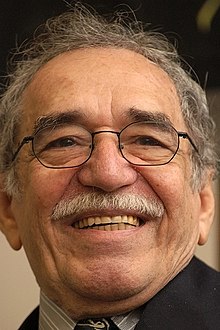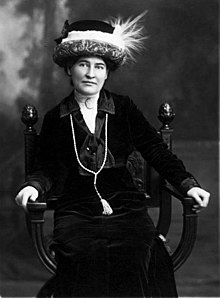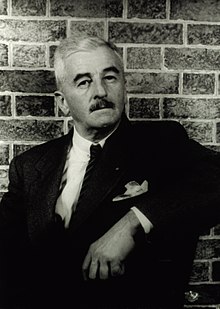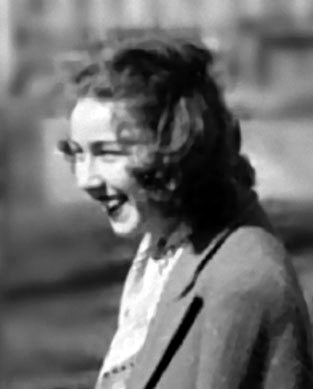
In my Seattle writing classes, I emphasize that literary magazines occupy an important niche in the publishing world. They publish longer, more artistic stories that would make a tough sell in a commercial magazine. Many bestselling memoirs such as Kathleen Norris’ Dakota grew out of shorter stories published in literary magazines. They are one of the few markets that publish short fiction. They pay little or nothing other than extra copies but are prestigious and can serve as an important stepping stone in a literary career. In my Seattle writing classes and as the publisher/ editor of The Writer’s Workshop Review, which just published its twelfth edition, I read a lot of manuscripts and accept only a small percentage of them. Here’s some advice about how to win acceptance at a literary magazine.
FIND A THE RIGHT MAGAZINE: Duotrope’s Digest is an excellent place to start. For a small monthly fee you get access to a searchable database of over 2000 different literary magazines. You can peruse the magazine rack at a good bookstore like Seattle’s Elliott Bay Book Company to find a home for your story. Googling the term, literary magazines, will also turn up a lot of potential target publications. As I emphasize in my Seattle writing classes, read the magazine to make sure it’s an appropriate fit for your story. Half of all stories are rejected simply because they are not the right fit for the magazine.
FOLLOW THE GUIDELINES: The magazine will spell out when and how to submit manuscripts. Make sure to follow these guidelines. Your story may never reach the right editor if you don’t follow the guidelines.
FORMAT YOUR WORK: As recommended above, follow the magazine’s guidelines. Sometimes the magazine will want the story cut and pasted into an email message or attached to the email. Some of these magazines will want hard copies. As I say in my Seattle writing classes, make it easy for them.
COVER LETTER: A short cover letter accompanying the story or as part of the email message can help your cause. List previous publications, relevant degrees, etc. These shouldn’t make a difference to an editor but sometimes they do. If you’ve got it, flaunt it. If you have none of these, just send a strong story and it will find a home.
TRACK SUBMISSIONS: Keep a record of what stories are out and where you sent them. Celebrate acceptances. Don’t sweat the rejections; there are all kinds of reasons a magazine will reject a piece. It may be outstanding, but may not fit the publication. Pay attention if an editor takes the time to give you advice about how to improve your manuscript; the editor doesn’t do this casually and may be receptive to future stories from you.
If you want help with this, please consider signing up for one of my Seattle writing classes, online writing classes, or travel writing classes. I look forward to working with you!
 The Writer's Workshop
The Writer's Workshop 











